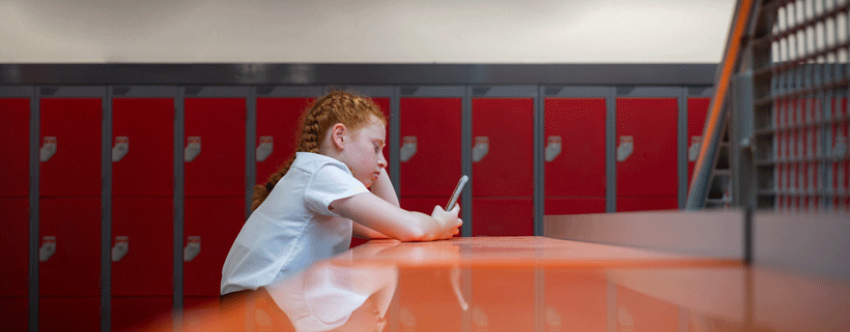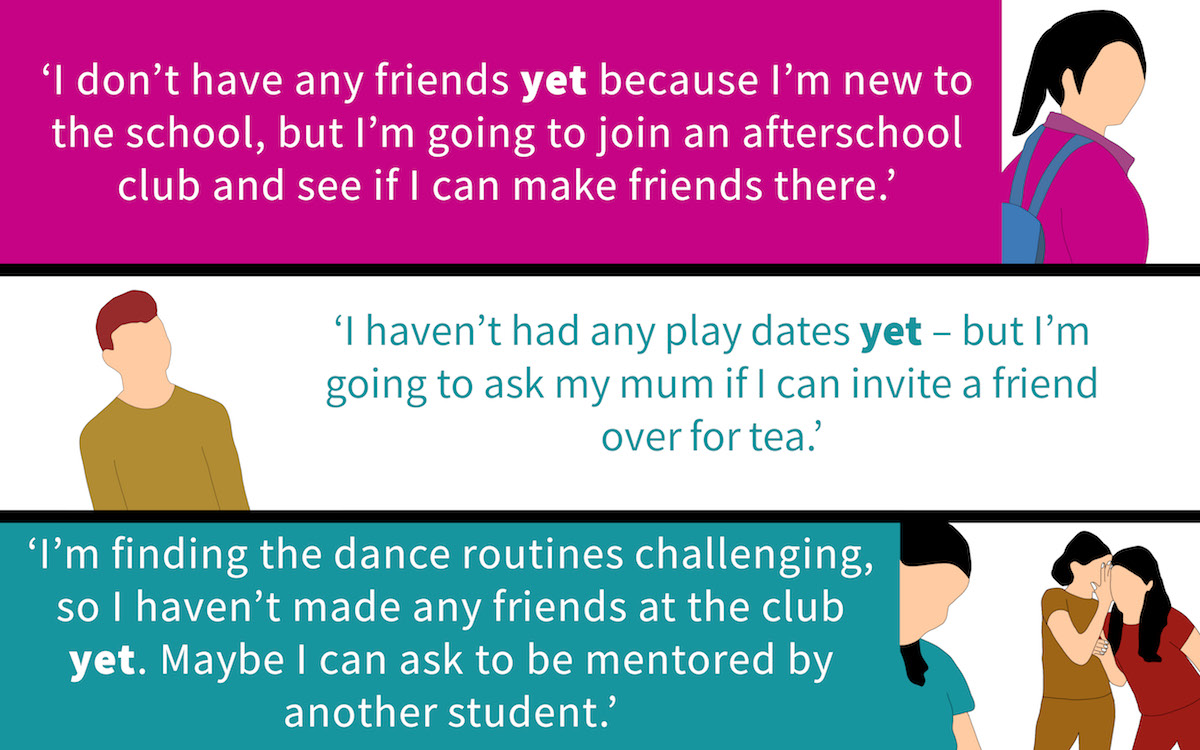News & Views

Reducing loneliness in schools
All children experience loneliness from time to time. It is a natural part of childhood. Loneliness can, however, become an issue when it impacts their mental health and wellbeing.
Research from the Good Childhood Index Survey and Community Life Survey indicates increasing amounts of children said they 'often' felt lonely. Loneliness was more common among younger children (aged 10–12) and early teenagers (aged 13–15). The study also found loneliness was more prevalent in girls and young women compared to boys and young men.
A variety of factors can cause loneliness, including:
- homeschooling
- the transition from primary to secondary school
- neurodiversity
- the birth of a sibling
- changes to friendship groups
- life events such as parents separating and bereavement in the family.
Here are four helpful tips to support students experiencing loneliness.
1. Listen to understand
If you notice a student has become withdrawn or communicates that they feel lonely, ask them if everything is okay. Be sure to hold space in a calm, non-judgemental way. Listen compassionately while observing their body language. If you feel uncomfortable doing this, speak to your school's designated mental health lead.
Next, listen to identify whether or not the student is experiencing loneliness. Dr Amanda Gummer, child psychologist, says:
There's a big difference between true loneliness (feeling that you have no one to share things with) and not having any friends available to play with when you want to.
Listen to understand why the student says they're lonely, as they may be going through another issue but state they feel lonely.
2. Practise a growth mindset
When a student is experiencing loneliness, they may adopt a victim mentality and be on a negative thought spiral. Remind them that it's okay not to be okay, as we all feel lonely sometimes.
Psychologist Carol Dweck notes that a growth mindset is about something other than being positive when things do not go to plan. A growth mindset encourages students to see any challenges as opportunities, stop seeking approval from others, reflect on what they've learned and hone in on their unique traits.
A growth mindset also involves using the word 'yet' more frequently. Examples include:

Adopting a growth mindset invites room for more curiosity. It empowers students to have a self-affirming outlook when they're experiencing loneliness.
3. Create safe and inclusive spaces
Schools need to create positive learning spaces where children have a sense of belonging, feel safe and are supported, regardless of their academic abilities, physical attributes, social skills and other unique traits. Ultimately, children need to feel physically, emotionally and mentally safe in the school setting.
Encourage the use of self-regulation tools, like the Zones of Regulation, mindfulness, therapeutic play and other age-appropriate coping strategies. They can help students to understand their emotions, express their feelings and reflect on why their interactions with their peers (or another situation) have made them lonely.
Even if a student is part of an inclusive community, with like-minded friends and self-regulation tools to hand, they may still feel lonely or 'different' compared to others. Be sure to regularly share with your class that it's okay to ask for help and provide accessible, differentiated and supportive measures to do so. These may include talking with their class tutor, mental health lead or seeking support from an online wellbeing service.
4. Build connectedness into the curriculum
Connectedness is a feeling of belonging and having an affinity within their learning, class setting and school community. It focuses on free will and is not about forcing students to 'make friends' or participate in social and learning activities if they feel uncomfortable. Therefore, building a sense of connectedness within your class setting must be authentic to be sustainable.
A great way to develop more connectedness is to first align with your school's values and ethos. Then ask students altogether (or in private with a student that feels lonely) what they are passionate about and why. Then theme learning activities towards this.
Ways to explore this may be by:
- creating student and peer-to-peer mentoring to provide a direct 'buddy' system or subtlety through learning activities, for example, reading mentors and maths champions
- building social communication skills into learning activities, for example, drama and creative play through small group work and partnering up students who have different characteristics
- developing a student voice through a school council board and hosting school-wide initiatives or charity fundraisers to create a social impact
- collectively creating a set of 'class rules', then asking students to each sign the printed sheet and placing this at the front of the classroom
- learning about the impact of mental ill-health, bullying and other issues impacting young people (not just in PSHE)
- teaching more targeted lessons themed around self-acceptance and kindness to ourselves and others.
By creating opportunities for more connectedness in the curriculum, students may develop positive interactions with others and improve self-awareness.
Try to involve parents/caregivers in any of the four wellbeing strategies you implemented. This would help facilitate a consistent approach to supporting the students at home and school.
To summarise, educators are not mental health professionals, but it's important to ensure students have access to the correct support when needed because if left unsupported, loneliness can have long-term negative consequences. Please speak to your designated mental health lead for more guidance and support.
The Pupil Resilience Award provides a comprehensive toolkit to strengthen your pupils' confidence, resilience and self-belief.
About the author

Nicola Harvey is a former senior teacher and pastoral lead with a specialism in special educational needs and mental health. She is also a published author with over 15 years of experience and has worked with many teachers, parents and students to support their mental, physical and emotional health and wellbeing. Her published books, Mindful Little Yogis and Self-Care Activity Book for Kids, explore the importance of integrating inclusive emotional wellbeing strategies both inside and outside of the classroom.
You can follow Nicola on Twitter @HarveyHeals.